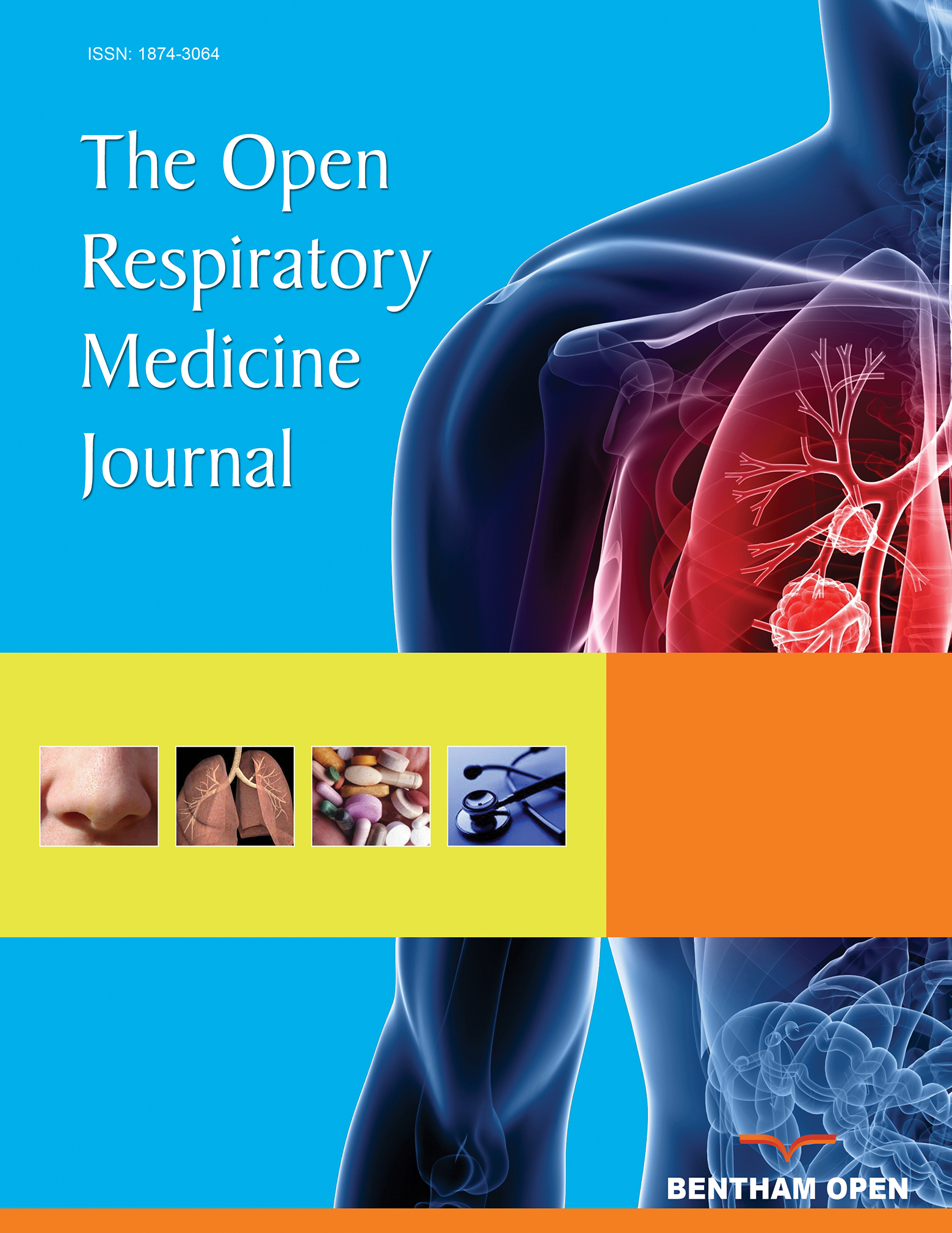All published articles of this journal are available on ScienceDirect.
Expression of ΔF508 Cystic Fibrosis Transmembrane Regulator (CFTR) Decreases Membrane Sialylation
Abstract
Chronic colonization and infection of the lung with Pseudomonas aeruginosa is a major cause of morbidity and mortality in cystic fibrosis (CF) patients. Imundo, et al. determined that CF cells had a higher concentration of an asialoganglioside (asialo-GM1), to which both P. aeruginosa and S. aureus bound preferentially. We sought to determine if the expression of mutant CFTR is associated with altered sialylation. Our study of epithelial cells transfected with normal and mutant ΔF508 CFTR, the defect in the majority of CF patients in the United States, were analyzed by ELISA and FACS analysis of cell membranes labeled with lectins which bind to Neu5Ac. We determined that ΔF508 CFTR is associated with decreased membrane sialic acid residues in the α2, 3 position and increased concentrations of asialo- GM1. Quantitation of sialic acids released from the cellular membranes demonstrated that the presence of the ΔF508 CFTR is associated with markedly decreased membrane sialylation, but similar cytoplasmic sialylation. Thus, ΔF508 defect is correlated with decreased expression of GM1 and with decreased sialylation of all cell surface structures, and this change occurs during post-translational modification of glycoproteins and glycolipids. This may be one factor involved in the chronic bacterial colonization seen in these patients.


